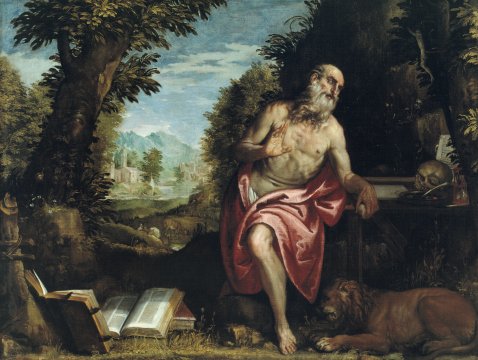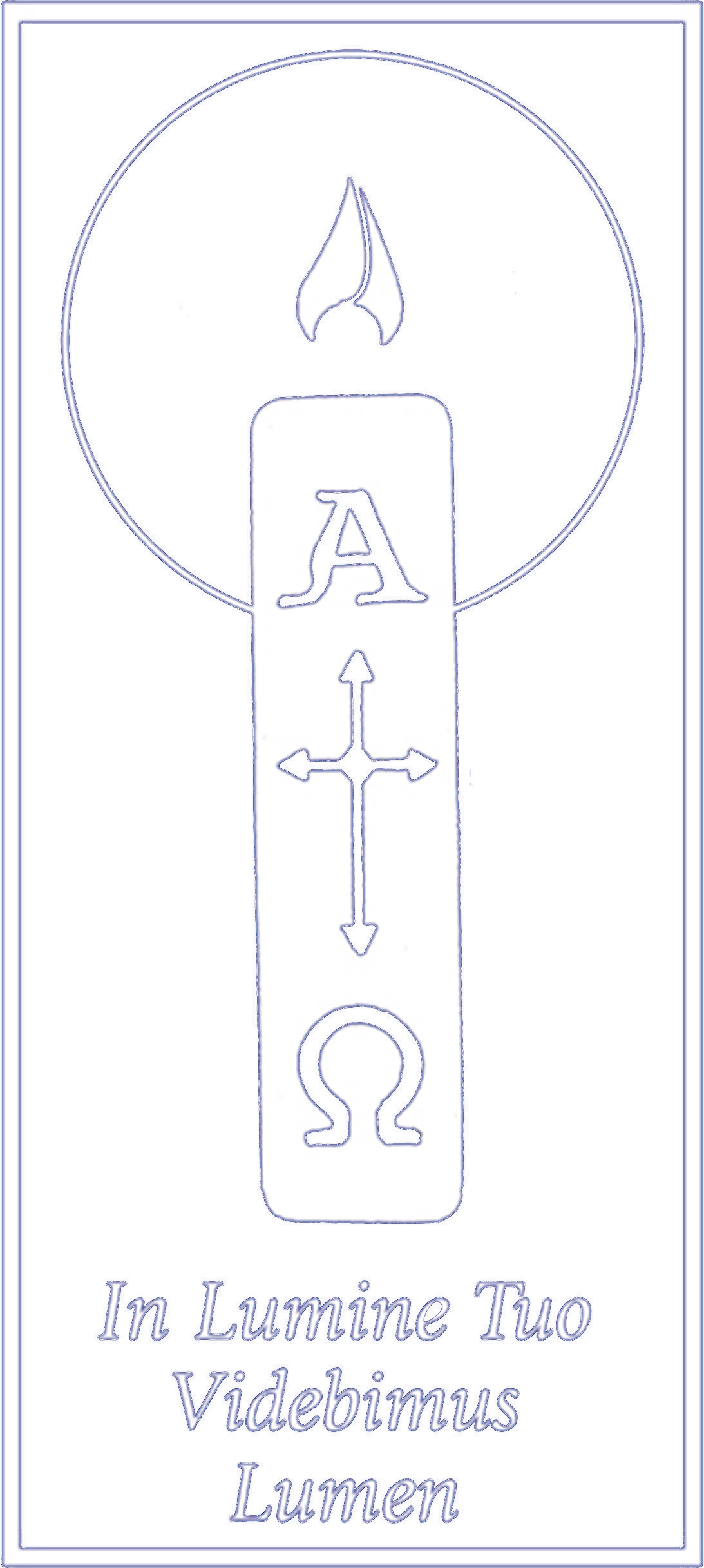Latin Vulgate Reading Group

REGISTER HERE
Open to current students and faculty at the University of Chicago. Participants can come to whichever sessions they choose. Others interested in participating should contact Emily Barnum at ebarnum@uchicago.edu. Coffee, tea, and pastries will be provided.
St. Jerome's Latin translation of the Bible was used exclusively by the Western Church for centuries; its significance for the Roman Catholic tradition cannot be overstated. In this group, we will work through sections of the Vulgate in order to appreciate its beauty and practice our Latin. For the first session, no preparation is necessary; we will decide together which texts we will read. Please come with a desire to grow in Latin Bible knowledge with St. Jerome and friends!
SCHEDULE:
This group will meet every Friday (beginning April 5th) from 10:45am - 11:45am over coffee, tea, and pastries.
The University of Chicago is famous for its graduate student reading groups, in which students pursue their own intellectual interests among friends in an informal setting. The Lumen Christi Institute supports this endeavor by sponsoring a number of graduate student reading groups each quarter. LCI provides space, hospitality, and books.
Reading groups cover the whole spectrum of ideas. Texts do not need to be explicitly Catholic, though we follow St. Paul’s injunction to attend to whatever is true, noble, right, admirable, and lovely (Phil 4:8). Groups follow LCI's guiding principles, which...
-
Affirm the intellectual life as good in itself
-
Ask questions animated by the principle that “all knowledge forms one whole”
-
Transcend the ideological / political divide (i.e., programs should not be partisan in nature)
-
Welcome religious perspectives as part of the intellectual life (i.e., programs need not be theological in nature but conversations should be open to religious insights)
-
Nurture friendships, to support the pursuit of truth, beauty, and goodness (i.e., programs should have a social component)





